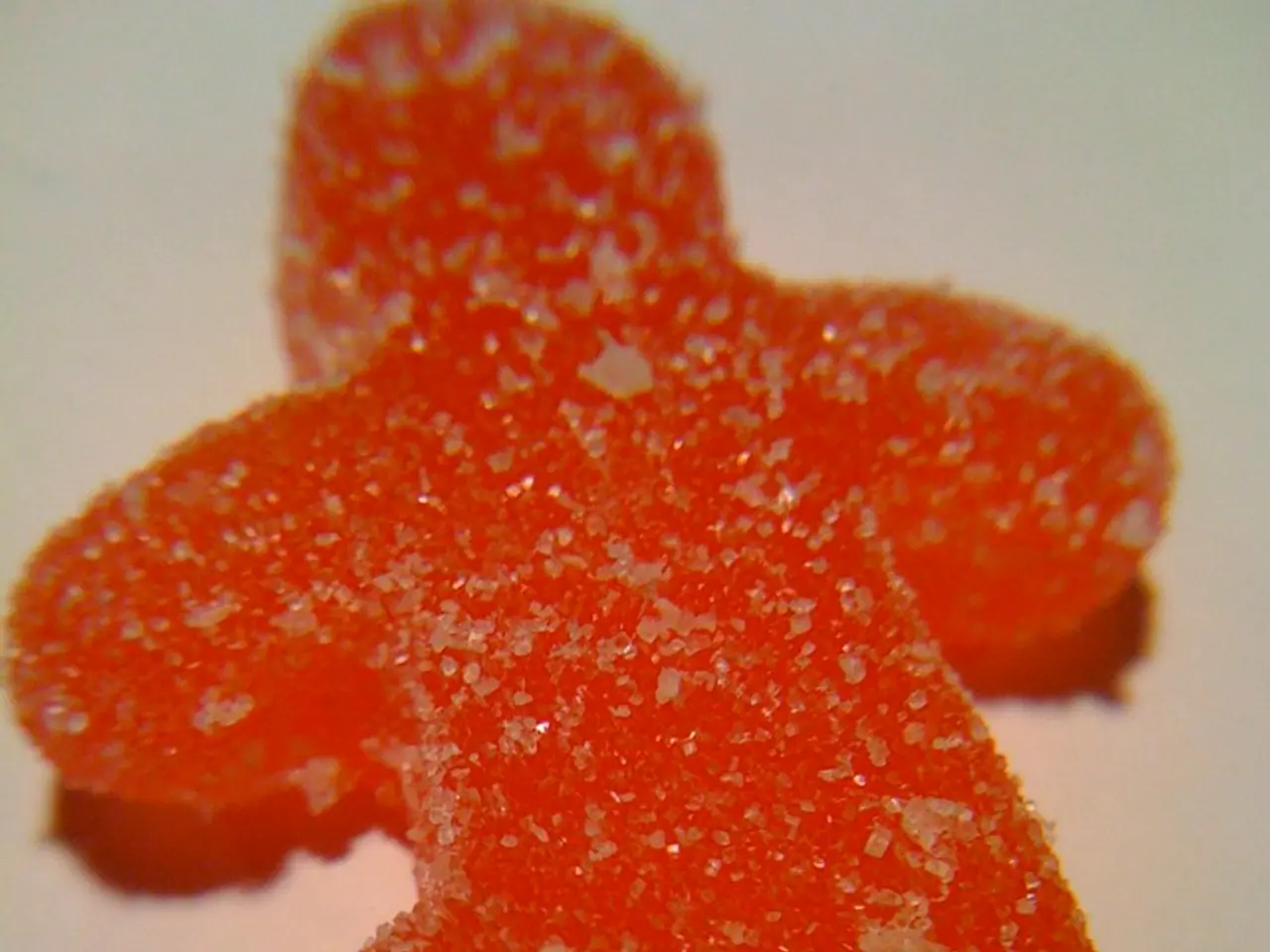Low Blood Sugar Indications: Causes, Signs, and Remedies
Non-diabetes related hypoglycemia, while relatively rare, can occur in individuals without diabetes. This condition can be caused by various factors, including medical conditions, medications, and other factors that lead to low blood sugar levels.
Causes of Non-Diabetes Related Hypoglycemia
Non-diabetes related hypoglycemia can be categorized into two main types: fasting hypoglycemia and reactive hypoglycemia.
Fasting Hypoglycemia Causes
Fasting hypoglycemia occurs after prolonged fasting (8 hours or more) and can be caused by:
- Certain medications or herbal supplements, such as fenugreek, ginseng, and cinnamon
- Alcohol consumption
- Medical conditions like liver disease, hypothyroidism, eating disorders, malnutrition, post-stomach surgery or hemodialysis, organ dysfunction (liver or kidney diseases), hormonal imbalances, tumors producing excessive insulin or insulin-like substances, and rare congenital metabolic disorders
Reactive Hypoglycemia Causes
Reactive hypoglycemia occurs 2 to 4 hours after eating and can be caused by excessive insulin release, high intake of refined carbohydrates or sugars, prediabetes, and digestive system surgeries affecting nutrient absorption and glucose regulation.
Symptoms of Low Blood Sugar
Mild to moderate symptoms of low blood sugar may include hunger, jitters or shakiness, sweatiness, lightheaded or dizziness, blurry vision, headaches, fatigue or sleepiness, pale skin, confusion, feelings of weakness, nervousness, irritability, lack of coordination, combative or argumentative behavior, irregular or fast heartbeat or pulse, changes in personality or behavior, difficulty concentrating, and more.
In severe cases, a person may experience seizure, convulsions, inability to eat or drink, loss of consciousness, and may require emergency care.
Treatment for Low Blood Sugar
In mild to moderate cases, the American Diabetes Association recommends the 15-15 rule: consume 15 grams of carbohydrates, wait 15 minutes, and retest blood sugar levels.
In severe cases, a person may need a glucagon injection. Steps for administering glucagon include injecting it into the arm, thigh, or buttocks, waiting 5-15 minutes for the person to regain consciousness, and calling a doctor or taking the person to the hospital.
Prevention and Diagnosis
For people without diabetes, it's important to see a doctor if they experience low blood sugar symptoms. Diagnosing the exact cause requires medical evaluation given the diversity of potential factors.
The best way to manage low blood sugar is to seek a diagnosis and make lifestyle changes to prevent symptoms from occurring. Early detection of diabetes or any other underlying cause is crucial.
People who do not have diabetes should talk to their doctor about their symptoms. Healthcare professionals should be able to diagnose low blood sugar and look into the cause.
Low Blood Sugar in Diabetes
Low blood sugar, or hypoglycemia, can occur in people with and without diabetes. People with diabetes who experience hypoglycemia symptoms while on a treatment plan should talk to their doctor, as their medicine or diet may need changing.
Complications of Low Blood Sugar
Consistent or regular low blood sugar levels can lead to severe complications such as changes in quality of life, kidney issues, issues with blood flow to the brain, impaired cognitive function, heart attack, loss of vision, coma, and more.
People with diabetes should regularly check the expiry date on their glucagon medicine and inspect their injection equipment for damage. They should also educate family members and coworkers on how to administer emergency glucagon injections.
Doctors typically define low blood sugar as 70 milligrams per deciliter (mg/dL) or less.
- Non-diabetes related hypoglycemia can arise in persons without diabetes, stemming from various factors such as medical conditions, medications, and prolonged fasting.
- Fasting hypoglycemia, one type of non-diabetes related hypoglycemia, can result from prolonged fasting, certain medications, alcohol consumption, various medical conditions, and hormonal imbalances.
- Seekers of health and wellness should be aware that reactive hypoglycemia, another type, occurs 2 to 4 hours after consuming food high in refined carbohydrates or sugars, and may be linked to excessive insulin release, prediabetes, and digestive system surgeries.
- Low blood sugar, or hypoglycemia, can exhibit symptoms like hunger, jitters, lightheadedness, blurry vision, and confusion, with more severe cases leading to seizure, loss of consciousness, and require emergency care.
- For mild to moderate low blood sugar instances, the American Diabetes Association advises consuming 15 grams of carbohydrates and retetrating blood sugar levels after 15 minutes.
- In extreme cases, individuals may require a glucagon injection, which should be administered into the arm, thigh, or buttocks, followed by a wait of 5-15 minutes for recovery before consulting a doctor.
- When experiencing low blood sugar symptoms, those without diabetes should consult a medical professional for an accurate diagnosis and to explore potential factors, such as chronic kidney disease, respiratory conditions, and eye health issues.
- The science of diabetes and chronic diseases has shown that managing low blood sugar involves making lifestyle changes, prioritizing nutrition, fitness and exercise, and mental health, as well as addressing any underlying medical conditions.
- People with diabetes should be cautious regarding the expiry dates of their glucagon medicine and inspect their injection equipment for damage, while also educating their family and coworkers on emergency glucagon administration.
- Low blood sugar, whether in people with or without diabetes, requires specific attention and adjustments to treatments, diets, or medications to minimize complications such as kidney problems, cognitive impairment, heart attacks, and changes in quality of life.




